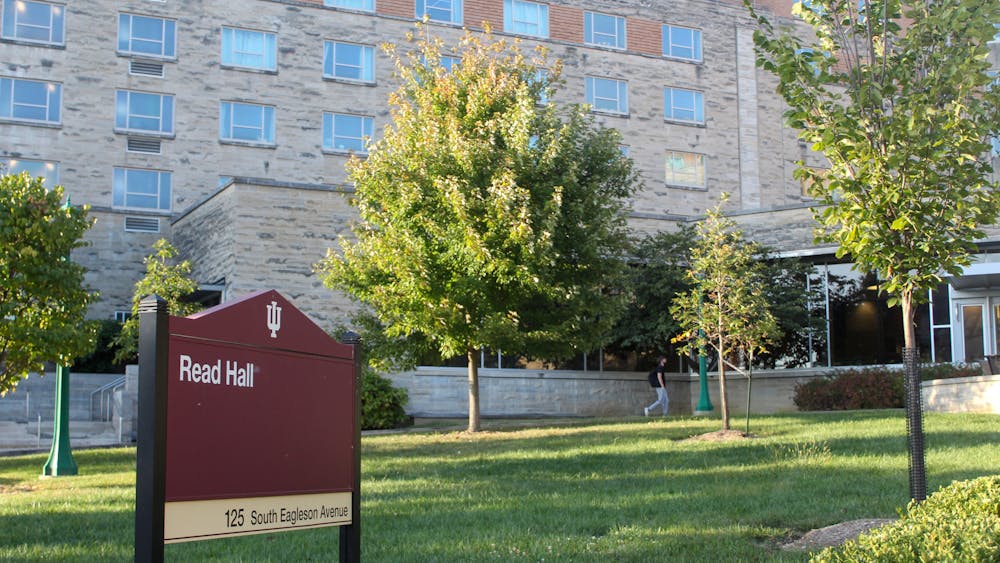A group in Manhattan is attempting to change conversation and thought around addiction.
The Center for Motivation and Change, based in New York, focuses on a wide range of addiction. They ?focus on the emotional causes and effects of addiction instead of looking at it as a disease.
When I looked into it, I found it compelling that a large part of the facility is dedicated to treating young addicts.
As college students, the idea “it’s not alcoholism until after college” is widespread.
And for the most part that’s true.
The majority of college binge drinkers do not go on to become alcohol ?dependent, according to Brooklyn psychologist Stanton Peele, a long-time critic of the Alcoholics Anonymous model.
College is a challenging time for many and can cause people to suffer from forms of anxiety, depression or chronic stress that manifest themselves in alcohol or drug-related addiction.
Stuff gets to you. Managing tough classes, living on your own, worrying about the future. Mix those ?together, and it’s not a surprise that people turn to substances for easy ?solutions.
What the Center for ?Motivation and Change is trying to do is alter the ?dialogue.
Addiction is sometimes seen as extremely black and white.
You either help a person or disconnect from them. They can be helped or they can’t.
Or, many times, there are serious choices that must be made.
You either do or do not drink.
If you cannot help yourself you must cut yourself off from anything that might relate to your addiction, ?including social events and family gatherings.
Many young addicts find a strict program of ?abstinence difficult, much like a smoker going cold turkey. It either locks them in a ?vicious cycle or makes ?demands of them that they fail to meet.
Often, families and doctors focus on medicinal aid, and many addictions are labeled as “incurable,” giving addicts a bleak outlook.
And when the families are told to employ “tough love” — cutting the addict off or something similar — it backfires, straining or destroying relationships.
The Center for Motivation and Change promotes the idea that there are ways in which an addict can muddle through their ?recovery process without making daunting decisions, and that if their change is ?experienced as a growth process rather than a quitting process, they are more likely to succeed.
I think this approach to addiction, while experimental, might actually make some serious changes. Rather than viewing addiction as incurable, families and addicts can work together ?easily through each part of the recovery process.
It might also help college students, such as myself, classmates and friends, understand how to really help an addict.
As students, if we like to go out to frats or hang out at house parties, we’re sometimes exposed to drinking and drug use at least once a weekend.
That means we’re exposed to different degrees and forms of addiction.
We can either help or hurt each other.
And if we have a clear understanding of the root causes of young adult addiction and know how to help a struggling friend, we can not only change a culture of thought, but also save lives.





